
Last year at the 75th Emmys, Steven Yeun won Actor in Outstanding Lead in a Limited or Anthology Series or Movie for the critically beloved “BEEF.” This past September, he stood again on the Peacock Theater stage, this time to announce the winner of the Outstanding Lead Actor in a Drama Series award to fellow Asian actor and Japanese icon, Hiroyuki Sanada, for his role as the cunning daimyo, Lord Toranaga. Not only did Sanada (who produced the series) make history as the first Japanese actor to win this category at the Emmys, he is also the second winner of Asian descent for this award, the first being Lee Jung-jae in 2022 for the groundbreaking series, “Squid Game.”
“Shōgun” was certainly groundbreaking in its own right — the series, which aired earlier this year on FX, garnered praise from critics and audiences alike, and broke Emmy records by earning the most wins by any show in a single year, with 18 awards. The series managed to nab 14 accolades at the Creative Emmys alone and another four at this year’s Primetime Emmys, which included the coveted Outstanding Drama Series award. It was a cultural phenomenon that crept into the mainstream with ease.
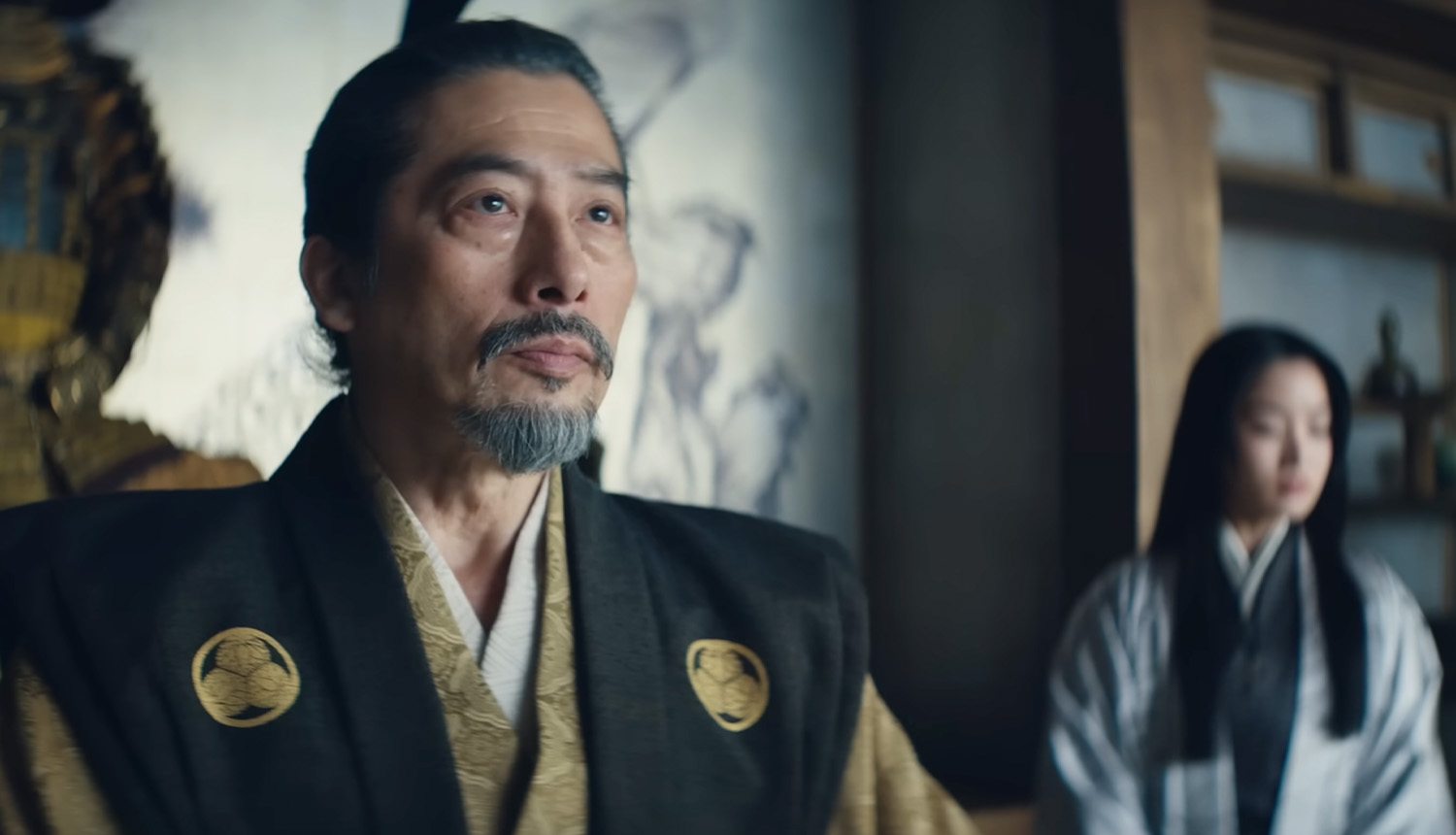
Based on James Clavell’s 1975 novel “Shōgun” and with an existing 1980s adaptation, one would worry the television series would get lost in the slew of remakes that plague Hollywood. Still, series creators Rachel Kondo and Justin Marks’s adaptation managed to build upon the source material and create something fresh for starved audiences; in fact, the team felt like the story itself was something audiences could find evergreen.
“We were so blown away by the book and how timeless it is – for what it was trying to say then, and how relevant it is today,” Kondo says in an interview with Character Media. “We wanted to capture this feeling of being surprised by this seemingly dusty project from the ‘70s. It’s asking questions that need to be asked, time and time again.”
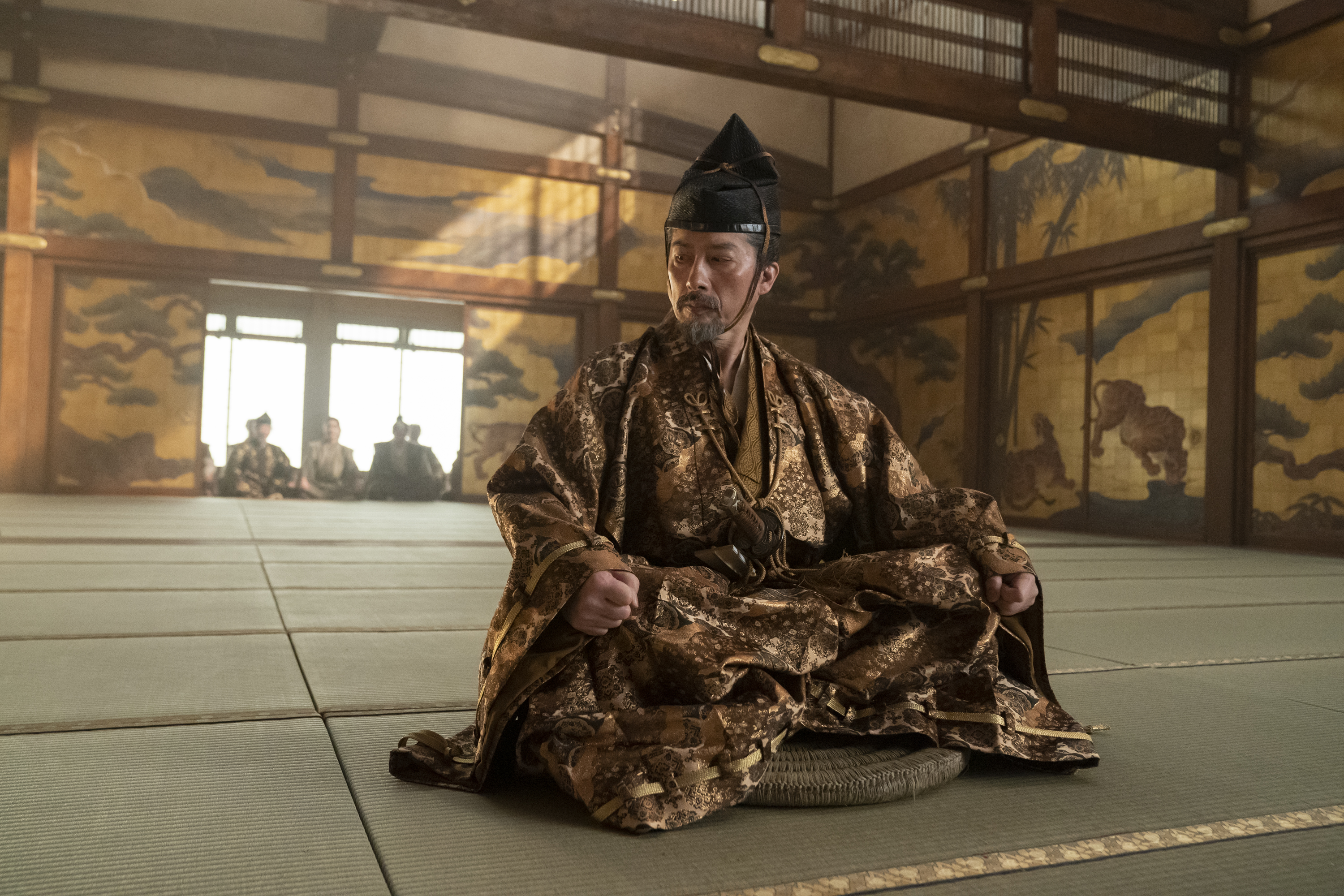
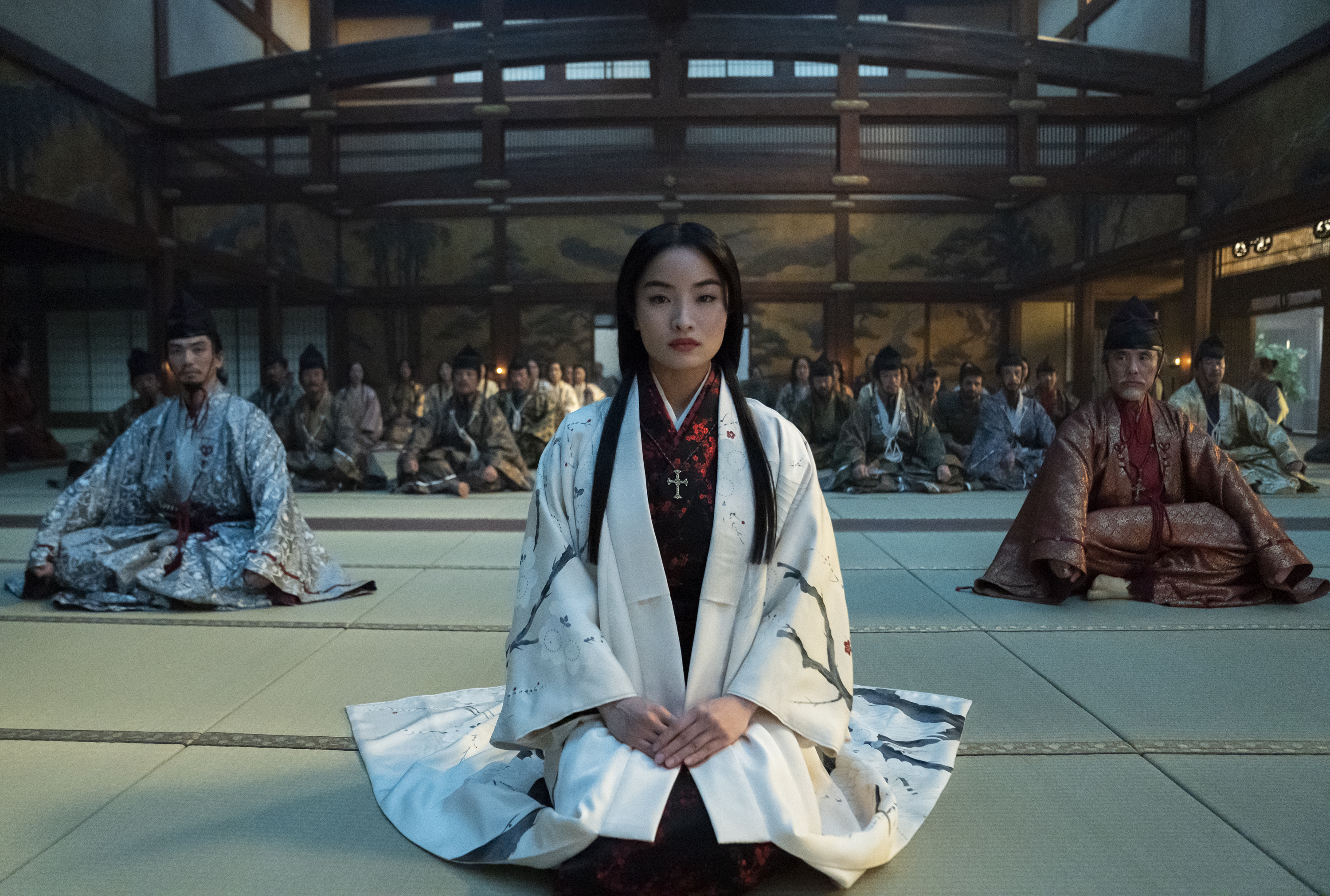
At first glance, the FX series may seem like a hard sell to modern audiences. After all, “Shōgun” is a sweeping historical drama where a shipwrecked English sailor, John Blackthrone (Cosmo Jarvis), finds himself entangled with major political players in Feudal Japan, like the powerful, Lord Toranaga (Sanada), and the resourceful Lady Mariko (Anna Sawai), a highborn noblewoman who serves as a translator for John throughout the series. It is not exactly relatable to the average viewer; after all, most of the dialogue was in Japanese, and not everyone is an expert on the Azuchi-Momoyama period. Though, the show is not trying to be relatable — viewers are here for a captivating tale of political intrigue and unrestrained violence. It’s just that between the web of political backstabbing, the tense battle seasons and enthralling monologues, audiences find themselves staying for good storytelling, plain and simple. The record number wins and the promise of more with season two are proof of that.
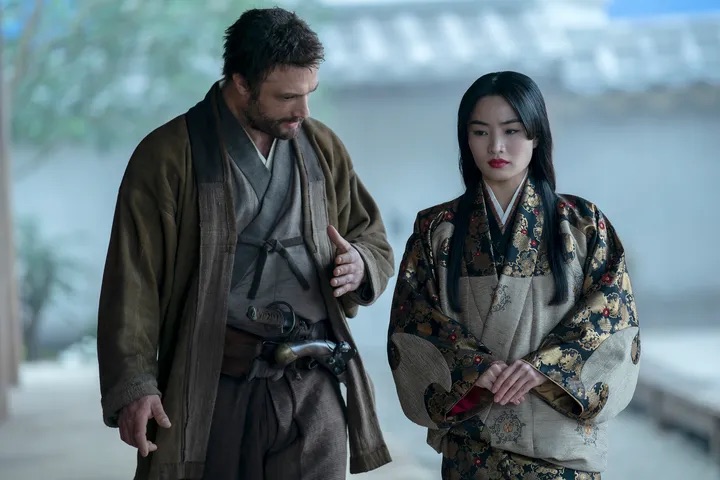
“Shōgun” could have quickly fallen into the trap of “East vs. West,” which happens often in stories like this, where the foreigners, like John, are seen as superior to their Japanese counterparts, or vice-versa —.but, the series managed to avoid this pitfall. As Sanada said during his acceptance speech at the Emmys,”It was an East-meets-West dream project, with respect, “‘Shōgun’ taught me that when people work together, we can make a miracle. We can create a better future together.”
John is not a white savior who was sent to help the Japanese; he’s crude and has prejudices that he must put aside to reach a common goal. Similarly, Toranaga and Mariko are not naive and uncultured “savages” — they’re nuanced characters who are fluid with their actions and are sometimes cruel in achieving their plan of defeating the enemies of Toranaga and ensuring Japan doesn’t fall into chaos. Toranaga doesn’t completely trust John; Mariko holds her own secrets and past while the shipwrecked sailor plays catch-up throughout most of the series. “Shōgun” isn’t trying to point out one culture better than another, which Kondo feels is the heart of the series.
“[The show] is this incredibly intimate portrait of the relationships that develop and the two cultures that come together and figure out what they have to give up within themselves to make room for the other,” she explains.
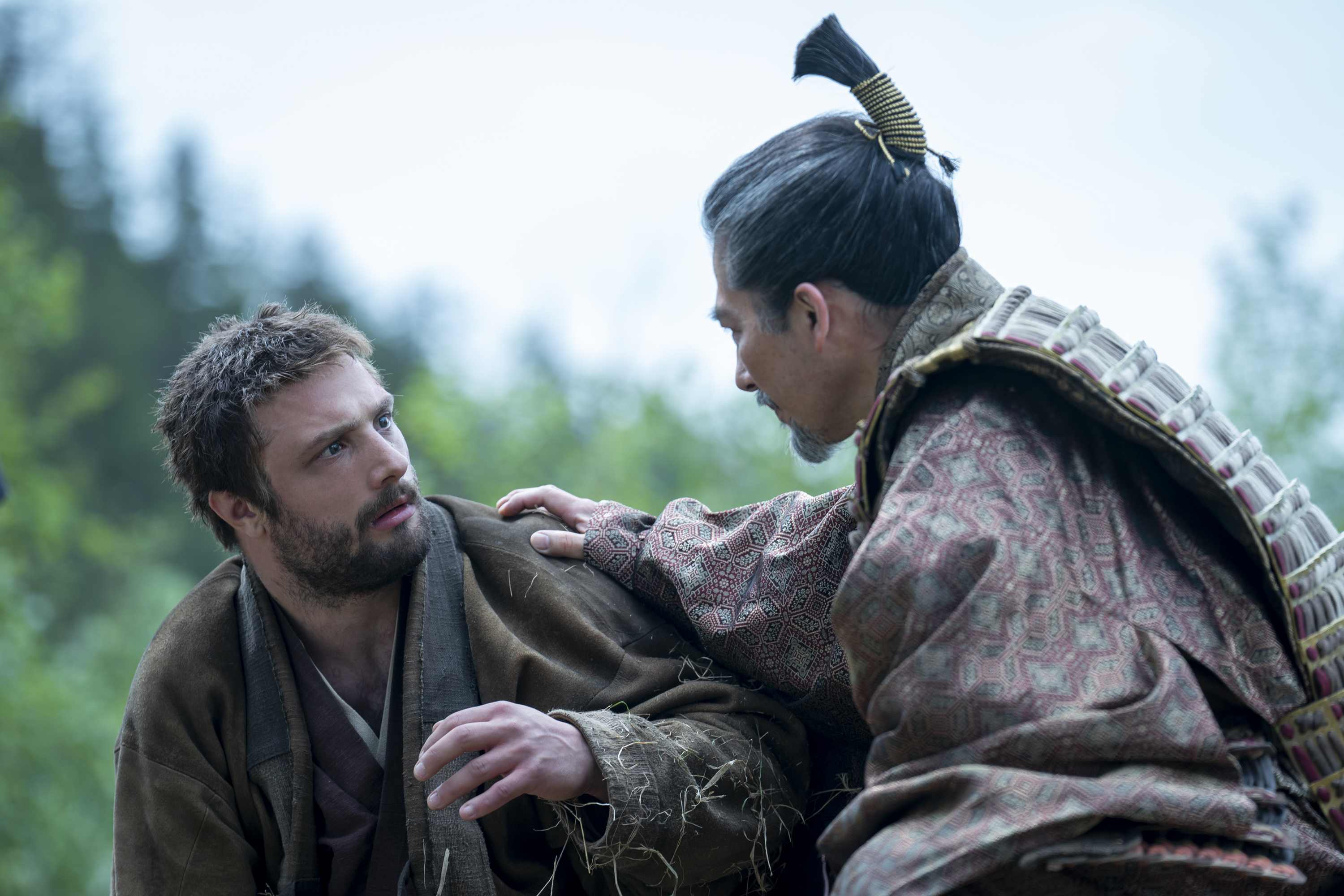
Of course, balancing between two cultures is easier said than done, but it’s something that the “Shōgun” writers’ room was uniquely prepared for, even if they were unaware of it at the start. The writing team, which was mostly made up of Asian American female writers, at first felt their racial identity was a disadvantage since they weren’t as educated in Japanese history and culture.
“Ultimately, we came to another understanding of it, that our being Western and being of Asian descent placed us in these two worlds … meaning that we had to find our spaces between [them],” Kondo says. “We as Asian Americans live in the space between, which, I think, is what gave us special insight into the characters in the show.”
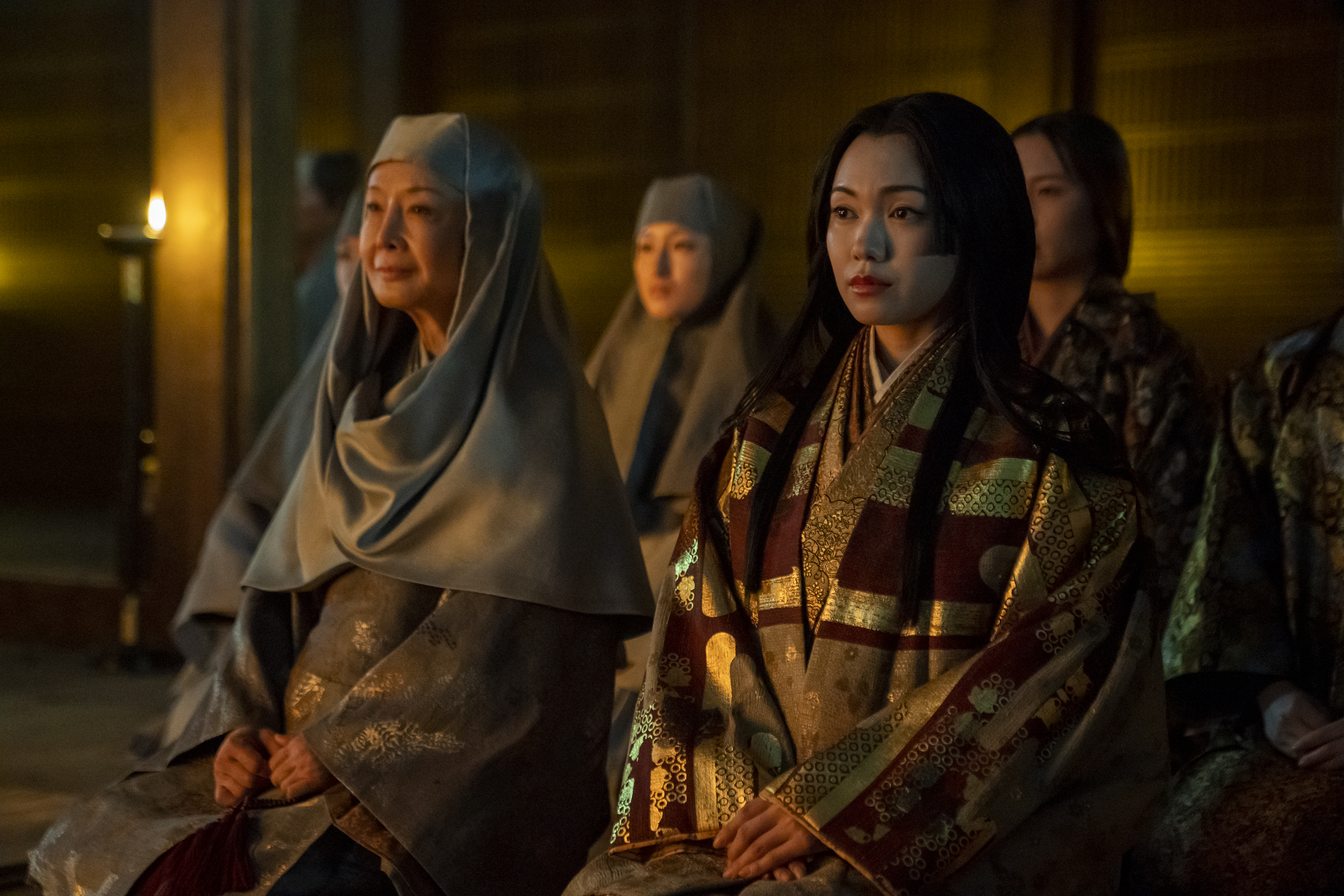
It’s easy to see how this API representation off-screen translated on screen. Sawai’s performance led her to make history, as she became the first actress of Asian descent to win the Outstanding Lead Actress in a Drama Series at this year’s Emmys. In an interview with Elle earlier this year, she spoke about how Mariko felt different from any other character she’d seen.
“To be able to play someone who is so layered and who’s so broken and sensitive, but also having that unbelievably strong core and finding her voice and really taking action—that meant a lot to me,” Sawai says.
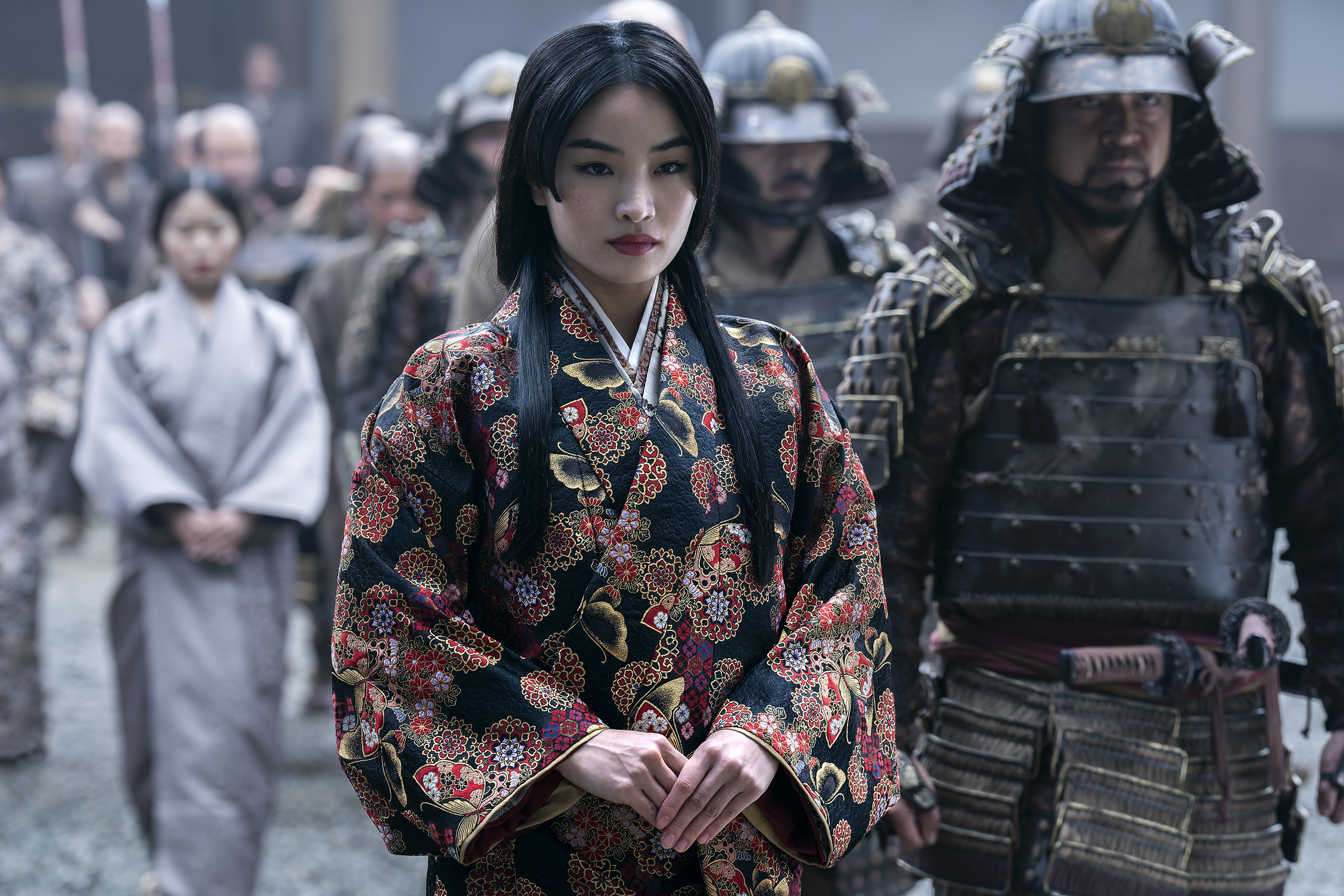
A show like “Shōgun” doesn’t happen overnight. The series, which had been in production since 2018, was an ambitious project for the creative team. Kondo herself states it took a lot of trial and error at first, repeating an analogy her co-creator Marks, said about the process. “We were driving the car as we were learning how to build the car.” It took a large ecosystem of 3,000 people to create the memorable and beloved series that became “Shōgun.” From the costume department to the team behind the Emmy-winning title screen — the accolades given were well deserved. Still, Kondo remains a bit shocked at the reception.
“It’s so difficult to make anything —at some point, we wondered, ‘Will anybody watch this beyond our families?’” Kondo muses. “[But] it feels extremely gratifying that so many people who are involved have been acknowledged for the passion and the care that went into this.”
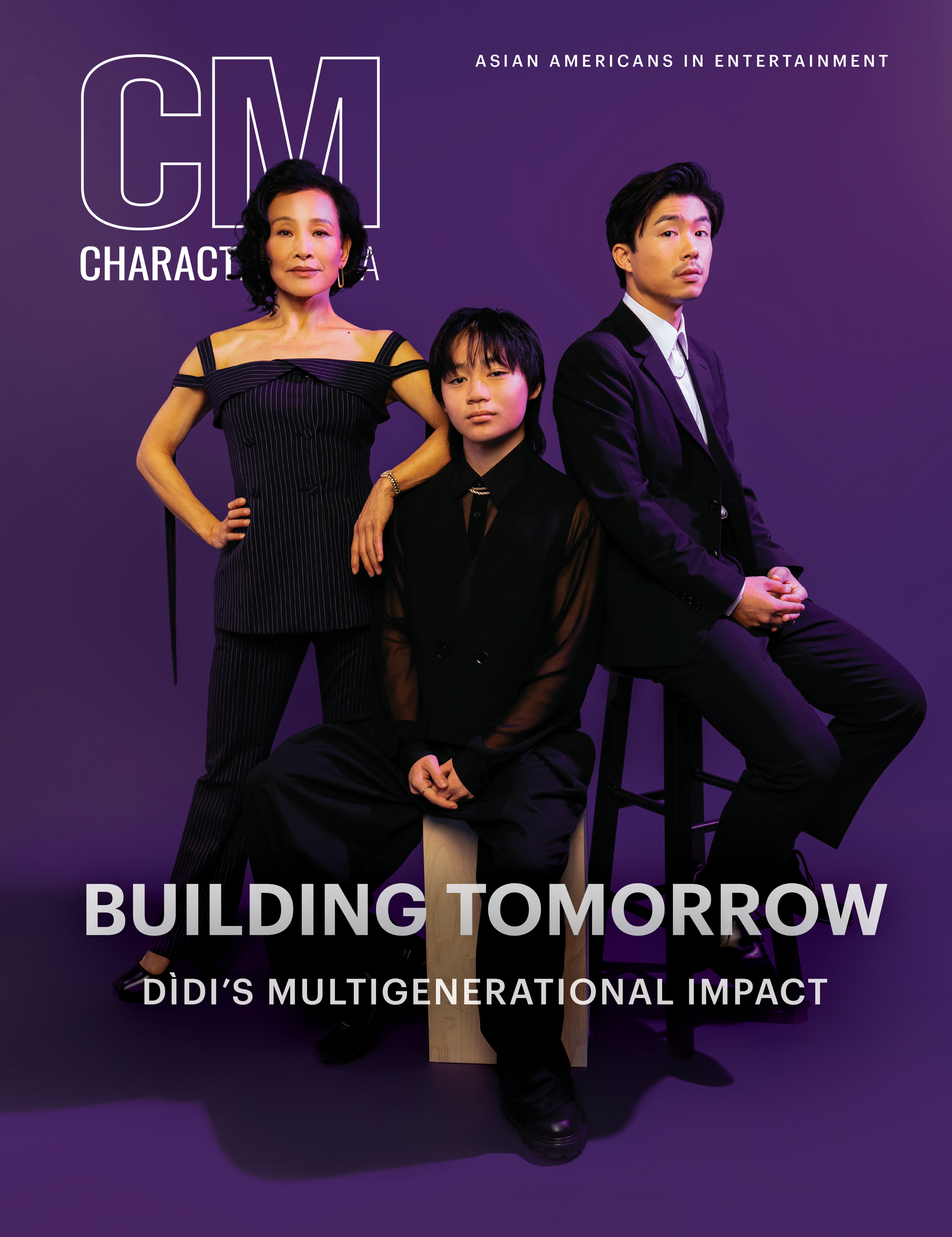
This article appeared in Character Media’s Annual 2024 Issue.
Read our full e-magazine here.






